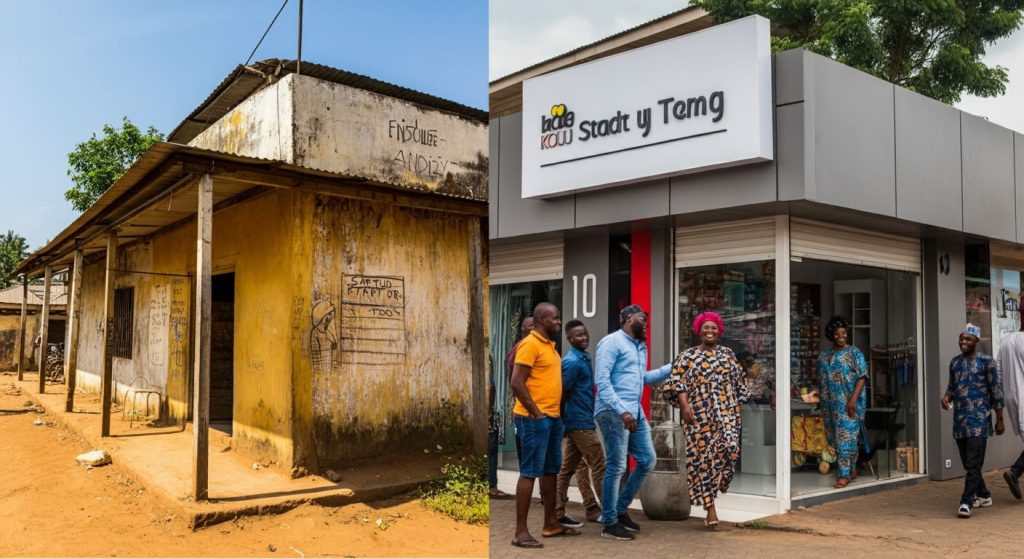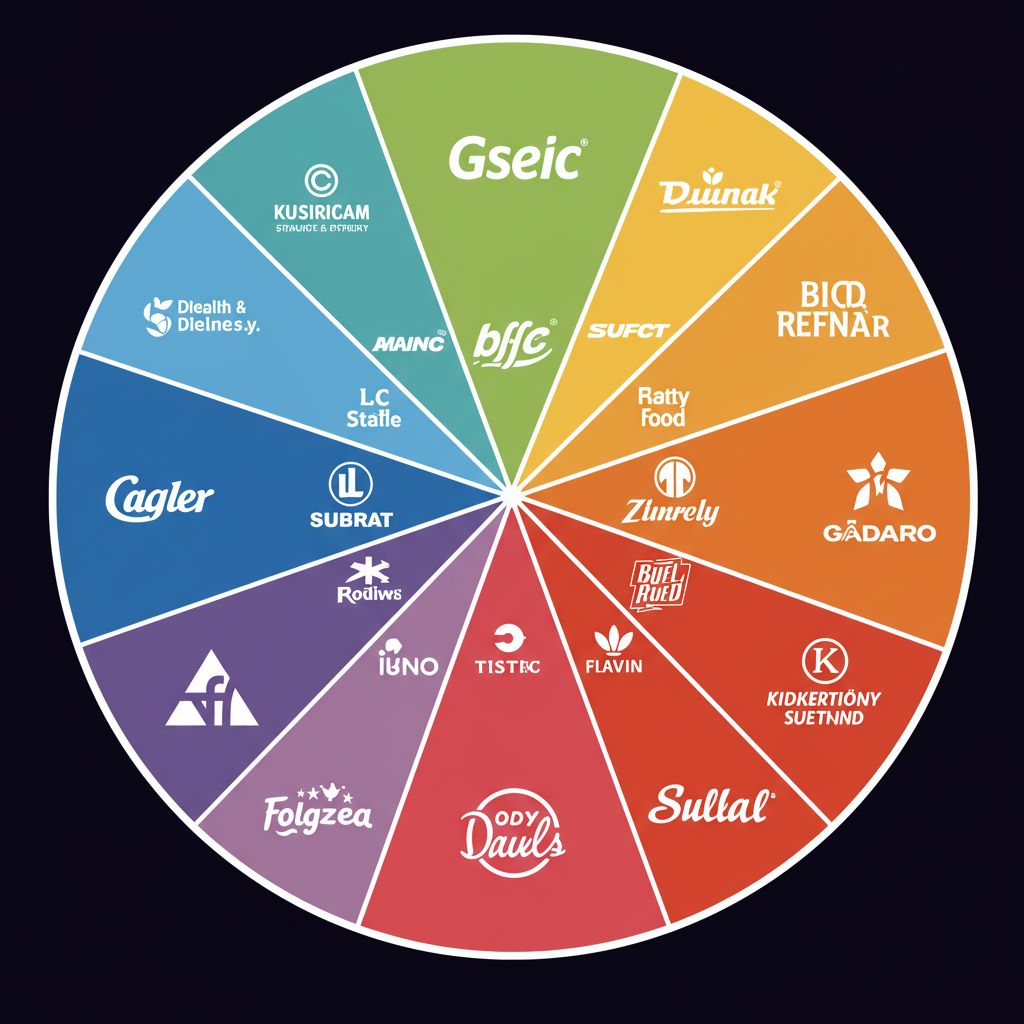Branding is a critical component of any business, but for African startups, the challenges and opportunities in this space are unique. The continent’s diverse cultures, languages, and market dynamics present both barriers and chances for growth. For startups to thrive, understanding what works—and what doesn’t—is vital. This guide explores proven branding strategies tailored to African startups while highlighting common pitfalls to avoid.

Table of contents
1. Understanding the Power of Local Context

African markets are incredibly diverse, with each country having its own set of cultural norms, languages, and consumer behaviors. Successful branding starts with a deep understanding of this diversity. For instance, a startup targeting Nigeria must recognize the differences between northern and southern audiences, while a company in South Africa must navigate the multilingual and multicultural landscape effectively.
Local context drives everything from naming conventions to visual branding. For example, using colors, symbols, or phrases that resonate with local traditions can help your brand feel authentic. On the other hand, failing to consider cultural nuances can alienate your audience. Startups like Jumia, which have adapted their branding to local contexts, illustrate the importance of this principle.
Localization also means translating your content into local languages where possible. African consumers appreciate brands that communicate in their native tongues, as this demonstrates respect and effort. Equally important, is adapting your messaging to fit local aspirations, values, and humor. Understanding these elements can build emotional connections with your audience and enhance brand loyalty.
2. Crafting a Memorable Brand Identity

Your brand identity is more than just a logo—it encompasses your mission, vision, values, and how these are communicated visually and verbally. In Africa’s competitive startup ecosystem, a memorable brand identity sets you apart.
Start by designing a logo that is simple yet symbolic. Use culturally meaningful elements where appropriate, but ensure they resonate universally. Consider mobile-friendly designs, as much of Africa’s digital activity happens on smartphones. Consistency is key: your brand colors, fonts, and imagery should remain uniform across all platforms.
Visual identity aside, your brand’s voice should align with your target audience. Whether your tone is professional, conversational, or playful, ensure it reflects your company’s personality and appeals to your demographic. For instance, a fintech startup targeting young urban professionals may adopt a sleek and innovative tone, while an agribusiness startup might prefer a warm and community-oriented approach.
3. Leveraging Digital Platforms for Visibility

Digital platforms offer African startups a cost-effective way to build and promote their brands. Social media, websites, and email marketing allow startups to reach audiences that traditional advertising channels might miss. However, success on these platforms depends on strategy and consistency.
Social media platforms like Instagram, Facebook, and TikTok thrive in many African countries. Tailoring content to each platform’s strengths can enhance engagement. For instance, Instagram is perfect for visually-driven campaigns, while TikTok offers an opportunity for creative video marketing. Use storytelling to humanize your brand—share the journey of your startup, showcase customer testimonials, or highlight the impact of your services.
Equally important is search engine optimization (SEO). A well-optimized website with relevant content can improve visibility on search engines, driving organic traffic. Incorporate keywords related to your industry and ensure your site is mobile-friendly. Moreover, explore local online directories and partner with regional influencers to amplify your reach.
4. Building Trust Through Community Engagement

African consumers are highly community-oriented. Startups that engage authentically with their communities can build trust and establish a loyal customer base. Trust is especially critical for new businesses that may face skepticism.
Community engagement can take many forms. Sponsoring local events, partnering with grassroots organizations, or launching initiatives that address societal challenges are effective strategies. For instance, a health-tech startup could organize free health screenings, while an ed-tech company might offer scholarships or digital literacy programs.
Transparency also plays a key role in building trust. Openly communicate your values, processes, and impact. African consumers value brands that demonstrate social responsibility and authenticity. Highlight your contributions to the local economy or showcase the diversity within your team to reinforce your commitment to the community.
5. Avoiding Common Branding Mistakes

Understanding what doesn’t work is just as crucial as knowing what does. Many African startups fall into common branding traps that can hinder growth or damage credibility.
One frequent mistake is overpromising and underdelivering. Whether it’s exaggerated product claims or unrealistic timelines, broken promises erode trust quickly. Similarly, copying international brands without localizing the message can alienate consumers who seek authenticity.
Another pitfall is inconsistency. Brands that fail to maintain a cohesive identity across platforms appear disorganized and untrustworthy. This includes inconsistent use of colors, logos, or tone of voice. Startups should also avoid neglecting feedback; listening to customers and making improvements builds credibility and customer loyalty.
Finally, ignoring cultural sensitivities can lead to PR disasters. Ensure your branding, advertising, and social media campaigns are reviewed through a culturally aware lens to avoid unintentional offenses.
6. Scaling Your Brand Strategically

As your startup grows, your branding must evolve to match its expansion. Growth brings new challenges, such as managing multiple locations, expanding product lines, or entering new markets. Strategic branding ensures that your message remains consistent and relevant.
One approach is rebranding or refreshing your visual identity to reflect growth while retaining core elements that your audience recognizes. For instance, updating your logo or tagline can signify a new chapter for your startup.
Scaling also involves investing in brand storytelling at a larger scale. Partner with media outlets, produce high-quality content, and leverage data analytics to understand customer preferences better. Tailor your messaging to reflect the aspirations of your expanded audience without losing touch with your roots.
Conclusion
Branding is not just about aesthetics; it’s about creating meaningful connections with your audience. For African startups, this means embracing local diversity, crafting unique identities, and engaging with communities authentically. Avoiding common mistakes and scaling strategically can position your startup for long-term success. By investing in branding, you’re not just building a business—you’re creating a legacy that resonates across the continent and beyond.



